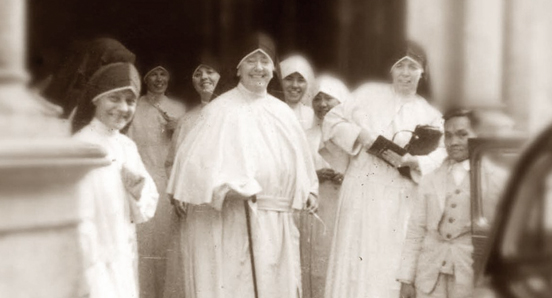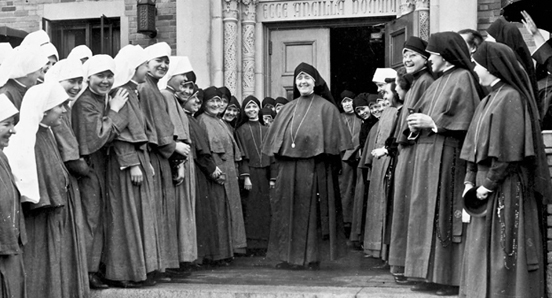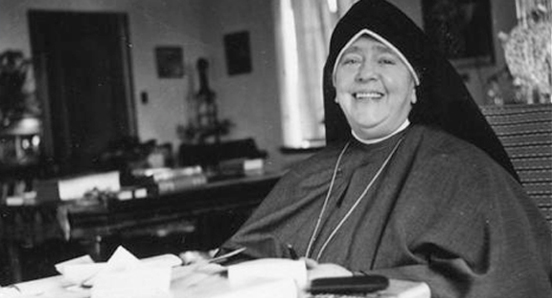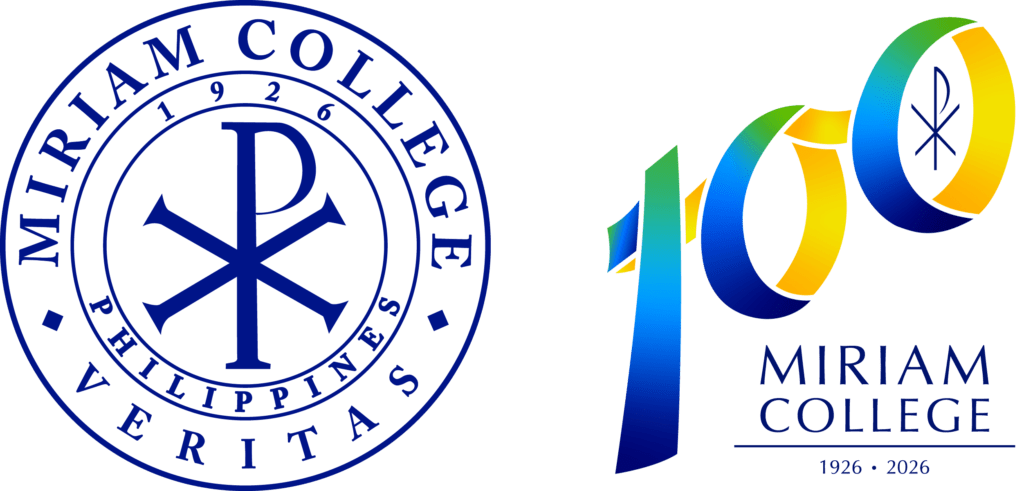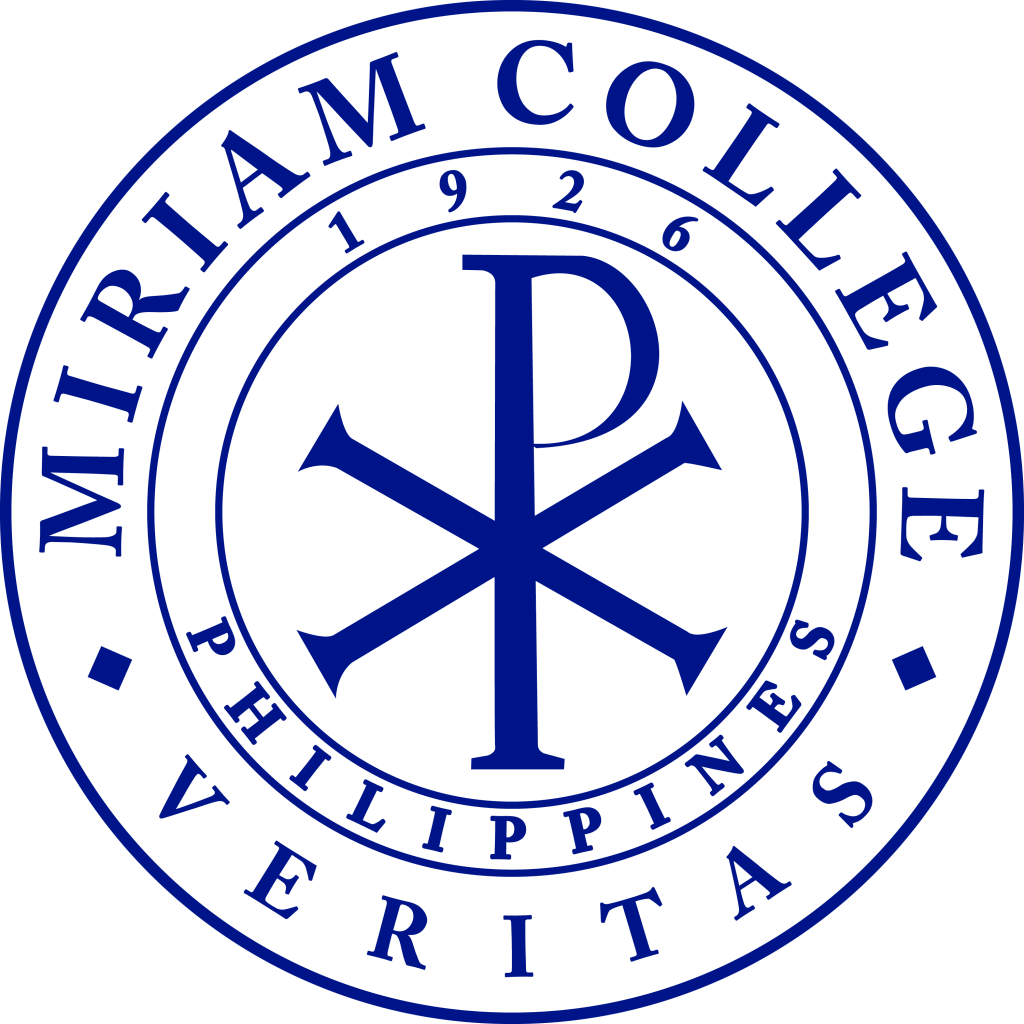The story of Miriam College
Miriam College dates back to 1926 when the Archbishop of Manila, then Reverend Michael O’ Doherty, requested the Sisters of the Maryknoll Congregation in New York to initiate a teacher-training program for women in the Philippines. In an old remodelled Augustinian Convent in Malabon, Rizal, the Malabon Normal School was established. The school transferred sites several times until finally in 1952, with its name officially changed to Maryknoll College, it laid down its permanent roots in Diliman (or Loyola Heights), Quezon City.
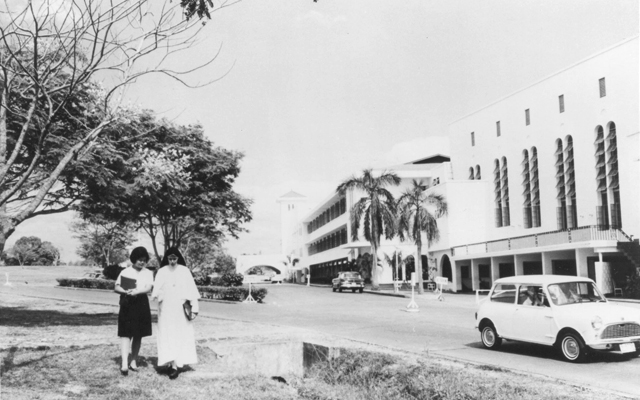
After Vatican II, the Maryknoll congregation began to evaluate its work, not only in the Philippines but worldwide, in the light of their original apostolate as a missionary order. In the 60s, the Maryknoll congregation saw the readiness of the Filipino Laity to continue the educational mission they had started. In 1977, the ownership and management of the school were turned over to lay administrators.
Under Lay Leaders and guided by the legacy of the progressive Maryknoll founders, the school managed to create its own distinct identity as it transitioned from Maryknoll to Miriam College. Through the years, the school not only responded but also thrived, despite the challenges of the times. Under different government administrations, it continued to uphold truth, justice, peace, and integrity of creation—core values that contributed to making Miriam College the premier educational institution that it is today.
Founder, Maryknoll Sisters (1882-1955)
Mother Mary Joseph Rogers
Our foundress, Mother Mary Joseph, often spoke of the Maryknoll Spirit “as being a reflection of the love of God, nothing more nor less than that, a reflection of the love of God.” (MMJ: 1932)
